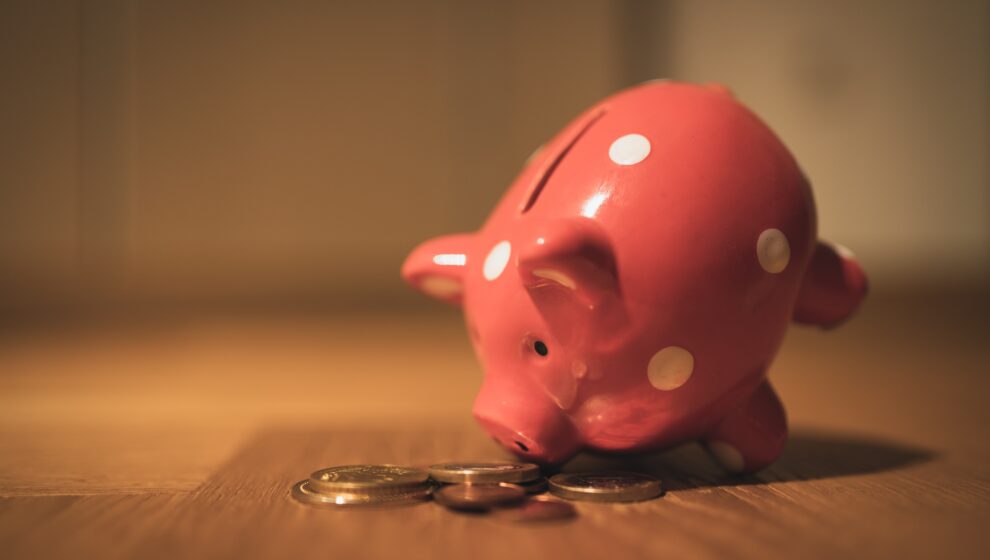A new study finds that Americans’ perceptions of the economy do not match the situation on the ground for most respondents.
Key Details
- A new poll from Quinnipiac University shows Americans feel that the economy is in poor shape while simultaneously reporting that they feel confident in their personal financial situations.
- 1,818 adults were surveyed between August 10 and 14 about various issues.
- The poll—which primarily focused on reactions to the Trump indictment and upcoming primary elections—was released on Wednesday, August 16.
- It shows 71% of Americans feel the economy is “not so good” or “poor,” while 51% of Americans think the economy is getting worse.
- Conversely, 60% of Americans say their personal financial situation is “good” or “excellent.”
Key Details
The study suggests that people’s perception of the economy is not fully in alignment with what the numbers are saying. As the study suggests, people’s perceptions of the economy may be tied to partisan notions of economic health and prosperity more so than the numbers coming out of Washington, D.C.
“Can you be generally happy with your personal financial position and still think the economy is going in the tank? For a broad section of Americans, apparently so,” says polling analyst Tim Malloy.
Many severe problems continue to affect the U.S. economy, including high inflation, high-interest rates, high mortgage rates, rising fuel prices, tightening jobs markets, and a very tight real estate market. These factors have fed into general fears of a severe recession going into effect in the near future.
However, this has not come to pass, and many analysts believe that the post-pandemic economic resilience driven by high consumer confidence and spending will result in a “soft landing” despite these difficult problems.
While these ongoing issues are serious and continue to affect average Americans, the study suggests that people’s negativity toward these issues, particularly toward the Biden administration and many of its controversial policy prescriptions, is affecting their overall perceptions of the economy.

